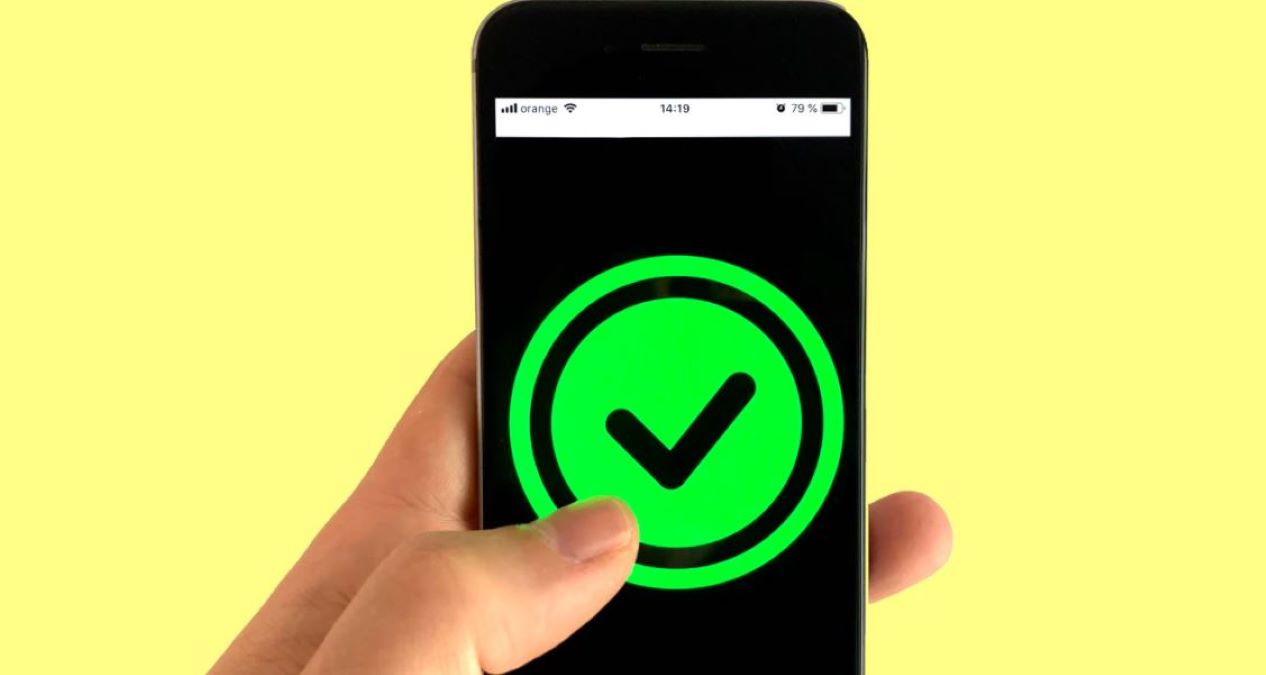The Nigerian naira has maintained relative stability on the foreign exchange market since the resumption of the international use of naira-denominated debit cards.
As of early July 2025, the naira traded steadily around ₦1,528 to the U.S. dollar on the official market. Following the reactivation of card services, it appreciated slightly—moving from ₦1,528.56/$ on July 4 to ₦1,528.33/$ on July 7.
The parallel market also reflected a modest strengthening, with the currency firming from ₦1,557/$ to ₦1,555/$ over the same period.
The currency’s resilience comes against the backdrop of improved external buffers. Nigeria’s foreign exchange reserves stood at about $39 billion in May 2025, while total inflows in the first quarter reached $28.92 billion.
In the week leading up to the card restoration, inflows surged to $1.79 billion, up from $1.03 billion the previous week, with foreign portfolio investors contributing nearly 67% of the total.
- New Decision for Maryam Sanda as She Gets 12 Years

- China-Nigeria Sign $400m Deal to Boost Steel Production

- Ramping up Renewables in Nigeria After UN Emission Report

Naira Global Debit Card Use
Major banks —including Guaranty Trust Bank (GTBank), First Bank of Nigeria, United Bank for Africa (UBA), Wema Bank, and Providus Bank—have reinstated global debit card usage after nearly three years of suspension. Limits vary by institution: GTBank has set a $1,000 quarterly cap, while First Bank and Wema have fixed $500 monthly limits.
Analysts say the move highlights stronger foreign exchange liquidity and signals progress in Nigeria’s monetary reforms. For consumers, it offers long-awaited relief—allowing millions to once again pay directly for international subscriptions, online shopping, and services without depending on costly intermediaries.







